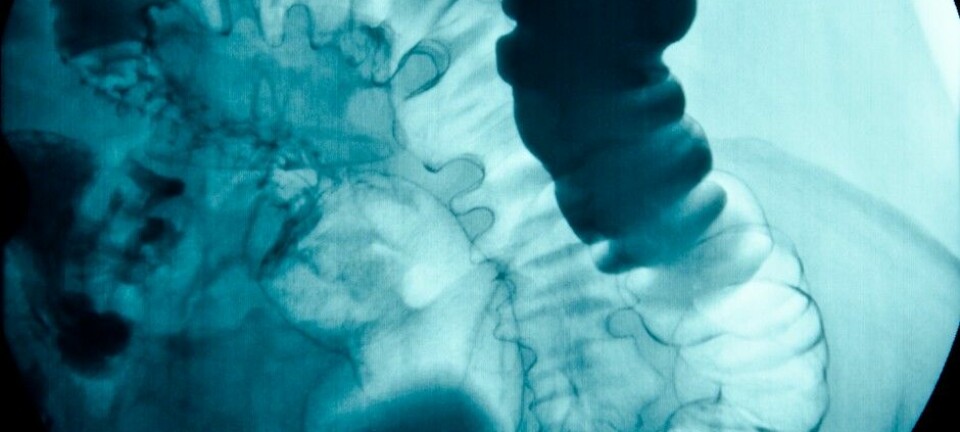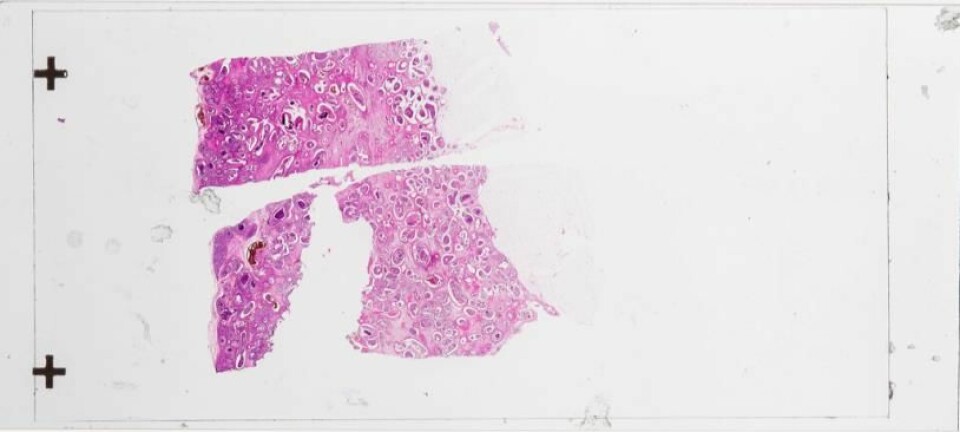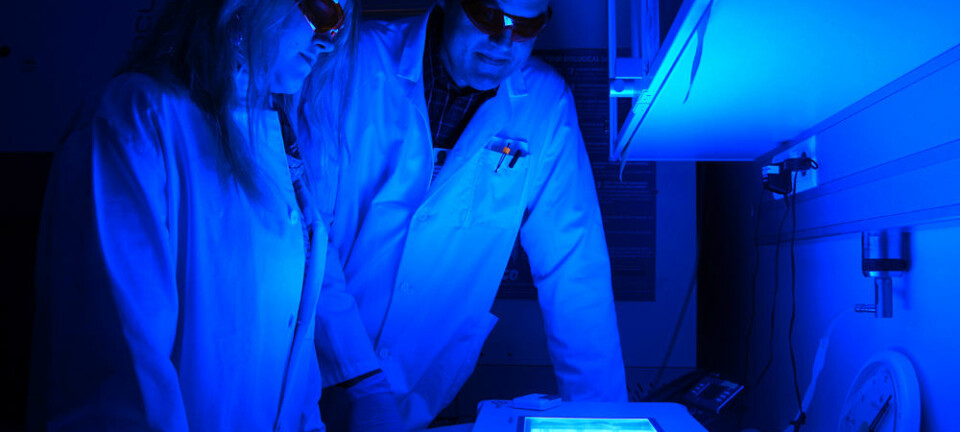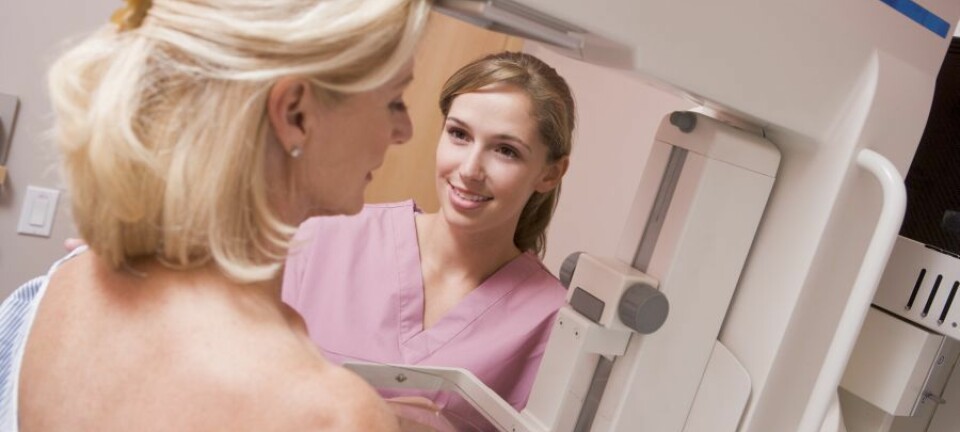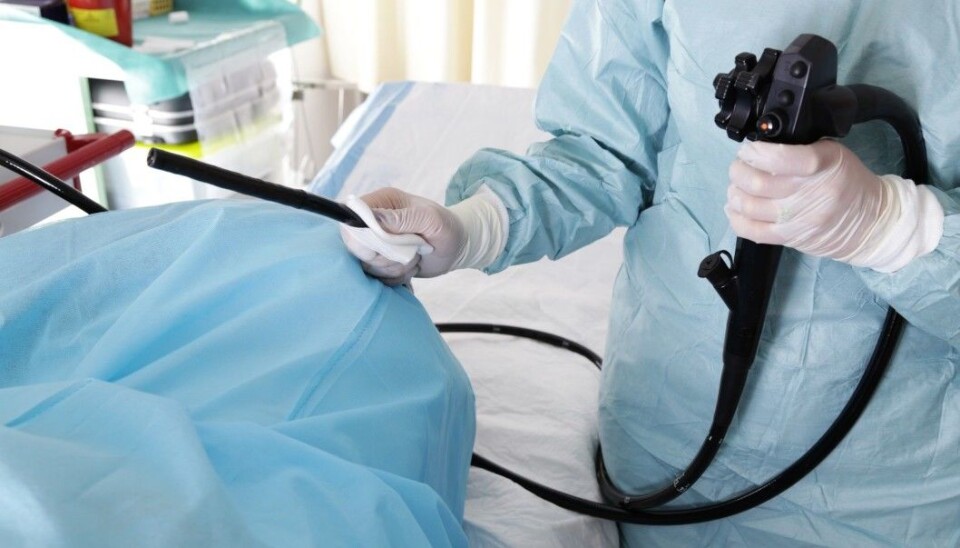
Should colon cancer screening start at age 45 or 55?
In May of this year, the American Cancer Society updated its screening guidelines for colorectal cancer, recommending that testing begin at age 45, which is five years earlier than currently is the practice. Two Norwegian doctors think this is a bad idea.
Colorectal cancer is one of the most common forms of cancer in Norway and has increased in prevalence over the past 50 years. Every year more than 4000 Norwegians are diagnosed, and 1500 die of the disease.
In the US, the American Cancer Society is now recommending that initial screening for colorectal cancer begin at age 45. The group says that the number of younger people who are diagnosed with colorectal cancer is on the increase, and that a lower screening age will result in more lives saved. The previous guidelines called for screening to begin at age 50 for people of average risk.
In Norway, a new national programme for colorectal cancer screening is scheduled to begin in 2019, with screening starting at age 55.
Now Norwegian physicians Michael Bretthauer and Mette Kalager have published an opinion piece on the new ACS guidelines in the Annals of Internal Medicine, a publication of the American College of Physicians. The two doctors think 45 is too early to start screening healthy people for intestinal cancer.
Few young people get bowel cancer
Relatively few younger people get colorectal cancer, according to Kalager, who is an associate professor at the Department of Health Management and Health Economics at the University of Oslo. Her research interests include studying the effectiveness of cancer screening.
"Although the incidence has increased in the United States in recent years, this increase is at a very low level, and 99.9 percent of people under 50 don’t have colorectal cancer and therefore cannot be saved by screening," Kalager’s co-author Michael Bretthauer told Dagens Medisin, which wrote an article about the opinion piece.
Kalager and Bretthauer also pointed out in their article that the new guidelines will be costly and will subject many young healthy people to unnecessary screening procedures. They observed that assuming a cost of US $250 per person for screening, the costs for saving an additional 900 lives would be US $5.5 billion, or roughly US $6.1 million for each life saved.
Additionally, the increase in colorectal cancer in younger people observed in the US may actually be due to an increase in screening, Kalager and Bretthauer wrote.
Different screening programmes in Norway and the US
The United States has a different system for colorectal screening than Norway, which means the countries are not completely comparable.
In Norway, the new system will mean that every 55-year-old will receive an invitation to participate in the national screening programme.
In the United States, the doctor or the patient has to take the initiative to do the screening. This is called opportunistic screening, and it is almost exclusively the approach used in the United States, according to a report from the Norwegian Directorate of Health, which looked at different programmes in its recommendations on how the Norwegian screening programme should be organized.
The Directorate also operated a pilot programme for screening at the Moss and Bærum Hospital, which was the basis for the recommendations.
55, not 50
The Directorate’s report also explains why it was decided to begin screening at age 55 and not 50, which is the standard age that screening begins in Denmark, for example.
Fifty-five was found to be the age at which there would be the greatest effect in reducing the occurrence of and deaths from colorectal cancer, while at the same time minimizing the disadvantages and risks. This is also the age at which health authorities expect that participation in the screening programme will be highest, the report says.
The largest increase in the appearance of polyps also occurs beginning at age 55, the report also found. Polyps are one of the risk factors for getting colorectal cancer.
-----------------------------------------
Read the Norwegian version of this article at forskning.no.








